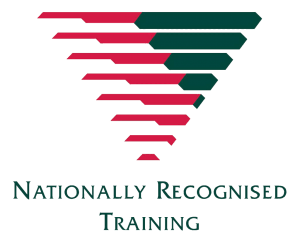This qualification is designed to provide students with advanced skills in common ICT functions and tasks they would encounter in a small or medium organisation. The program aims to instill a design thinking approach in students to provide them with a distinctive problem-solving strength to organisational and client challenges and a competitive advantage in the employment market. This will emphasise “Cluster 3 – Get the work done” from the Core Skills for Work Framework, including the skills:
1. Plan and organise
2. Make decisions
3. Identify and solve problems
4. Create and innovate
5. Work in a digital world
Successful completion of all units of competency will result in the award of a nationally recognised Advanced Diploma of Information Technology from the Information and Communications Technology . Participants who do not successfully complete the full program will be issued with a nationally recognised Statement of Attainment for any of the unit/s of competency they have been deemed competent in. Recognition is available for this qualification – see the Participant Handbook or the Recognition Process page for more information.
This training is subsidised by the NSW Government under Smart & Skilled (NSW residents only). For more information and eligibility requirements see https://www.bsilearning.edu.au/funded-training/smart-and-skilled.




